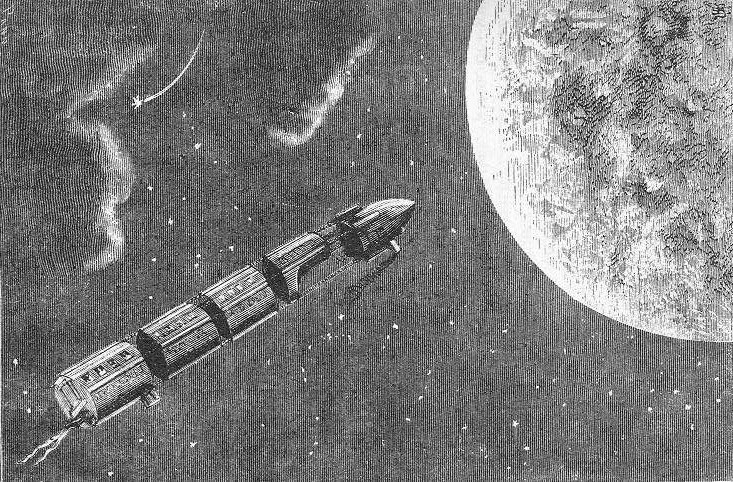Looking at our understanding of the universe beyond Earth
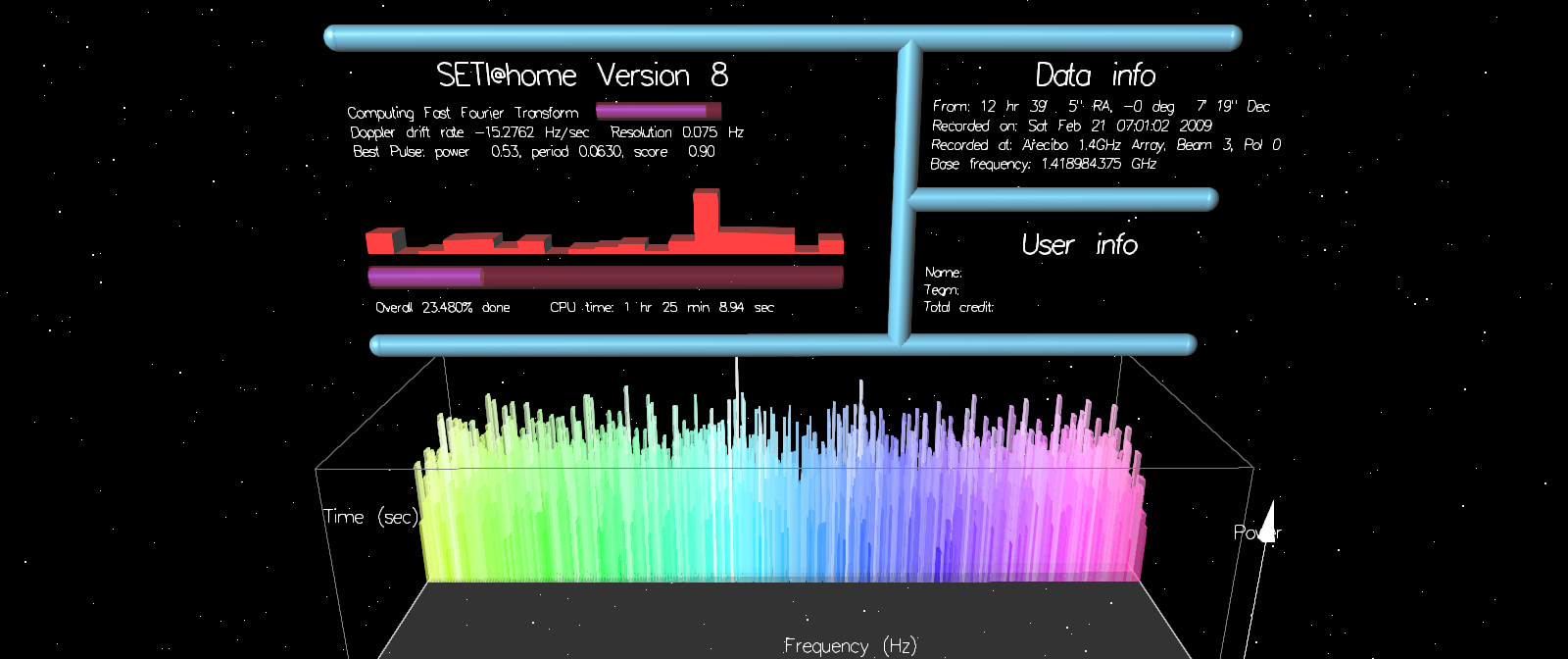
In Praise of SETI@home
The screen saver helped scientists search for extraterrestrial life-and made the early web feel like a more idealistic, collaborative space.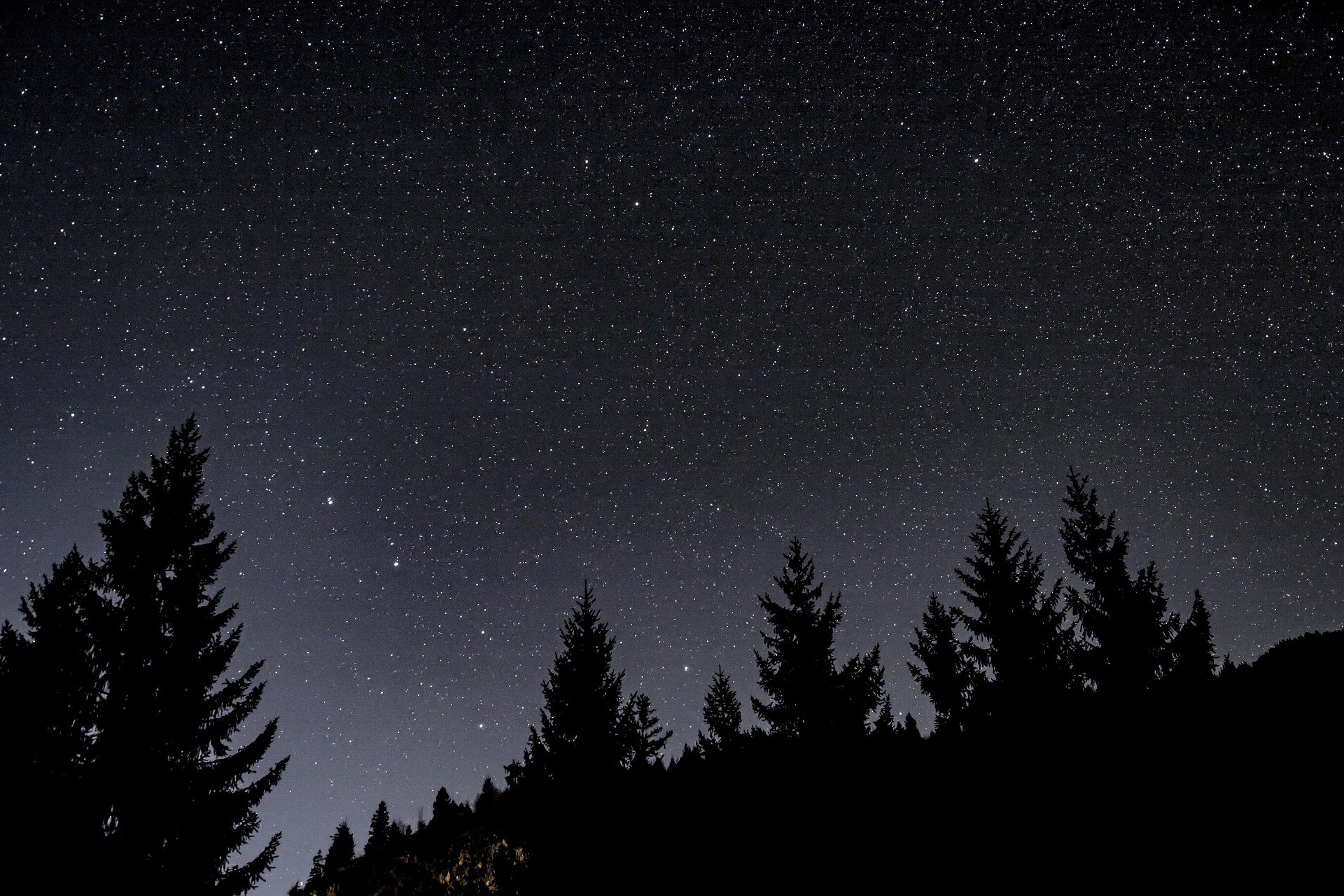
Losing the Night Sky
The brightest parts of the world are getting brighter–light pollution is on the rise around the globe.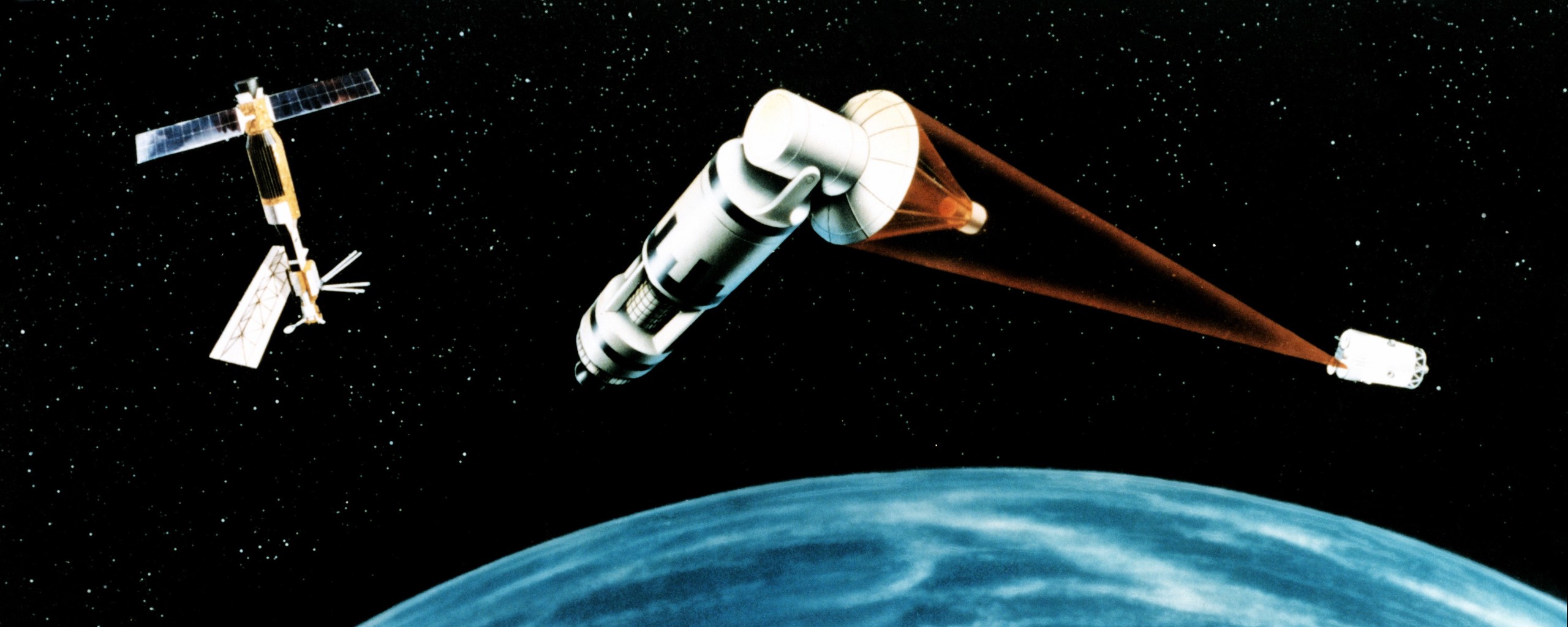
A.I. is Defending the Earth From Asteroids
Imagine some scientists from NASA are meeting with the president of the United States. There’s a piece of space coming toward us; it is rocky, and icy, and big, and the risk of it hitting the Earth is much larger than anyone is comfortable with. Even if there’s time to act, there won’t be much […]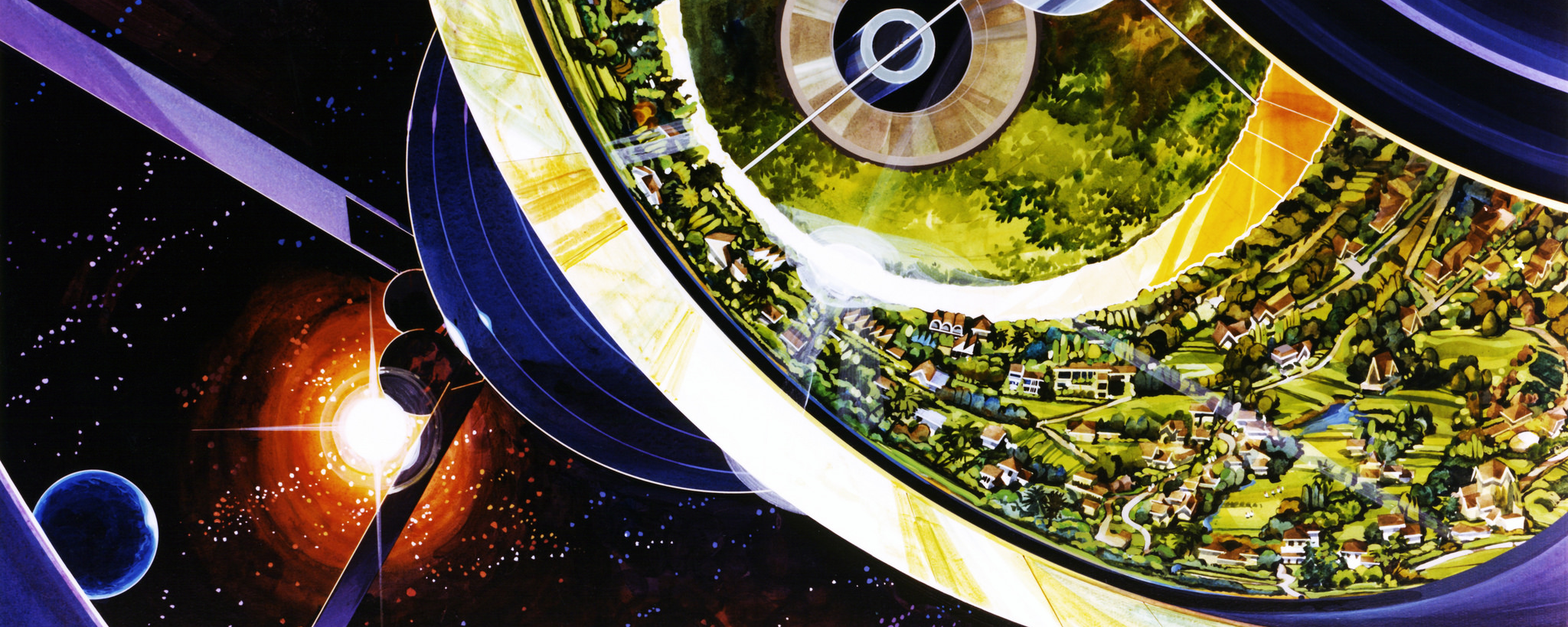
The Improbable, Bold History of Space Concept Art
The collaboration between NASA and artists stretches right back to the start of the space program.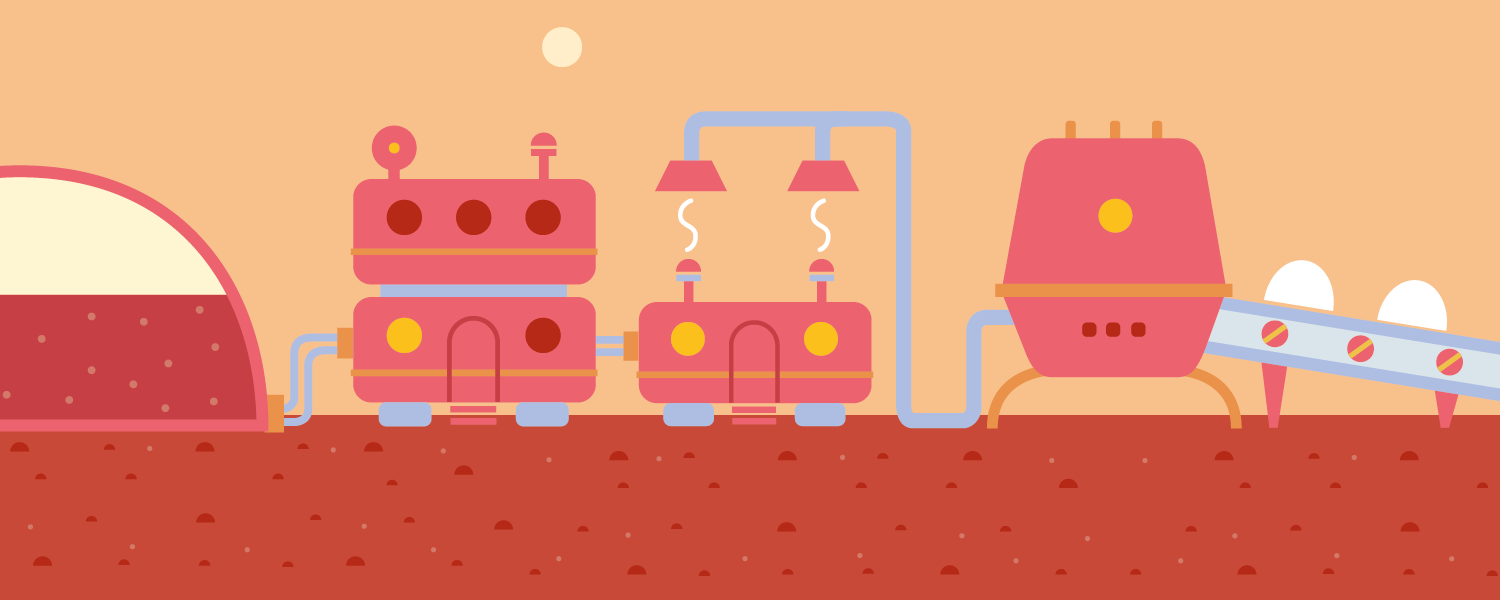
In GIFS: How a Mars Colony Would Work
To suggest that space is a harsh environment is an understatement. It’s a place of extreme and unusual temperatures, unpleasant atmospheric toxins, and it’s lacking in the resources to which humanity has become accustomed. Actually, doesn’t that sound a bit familiar? Planet Earth can be a harsh environment, too. The fundamentals needed to support life–air, […]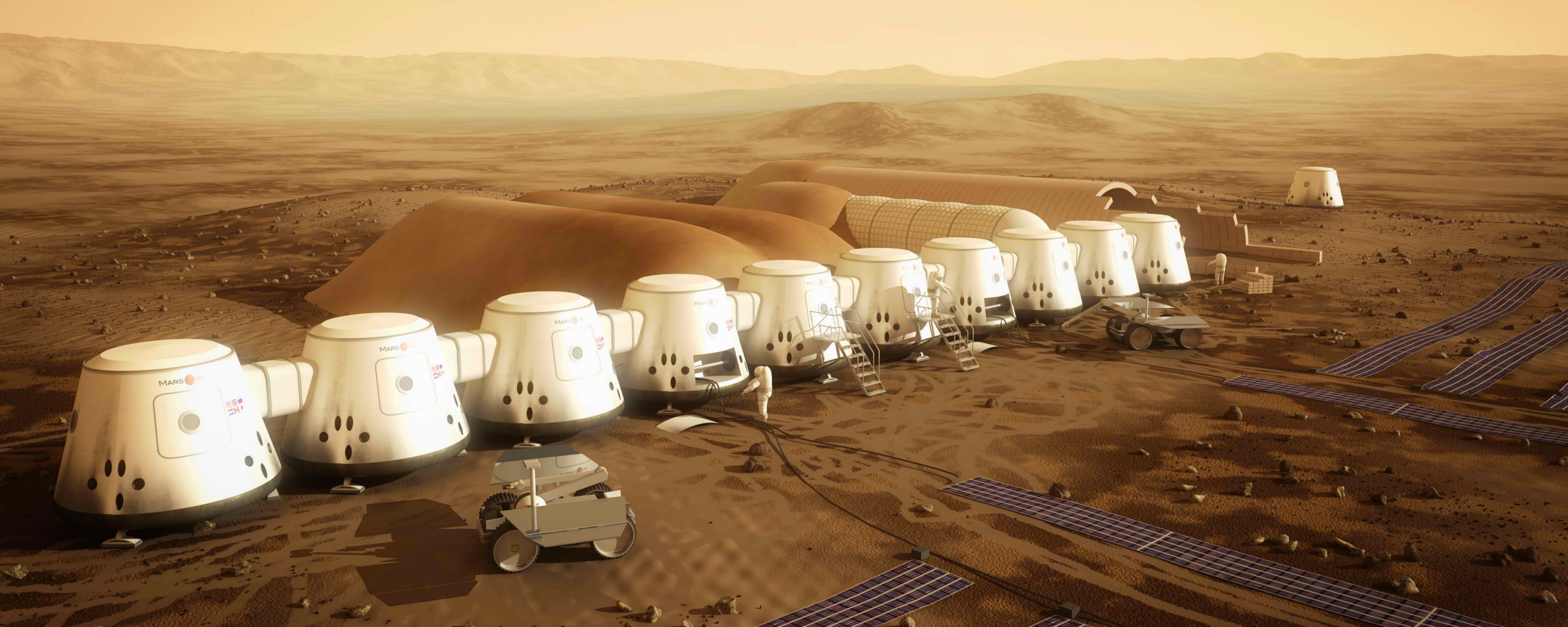
How We’ll Choose the First Mars Colonists
The first Martians will face an intimidating task in establishing humankind’s first outpost on another planet
Red Planet: How We’ll Govern Mars
Technical and engineering obstacles are solvable when it comes to interplanetary colonization–the real challenge is governance.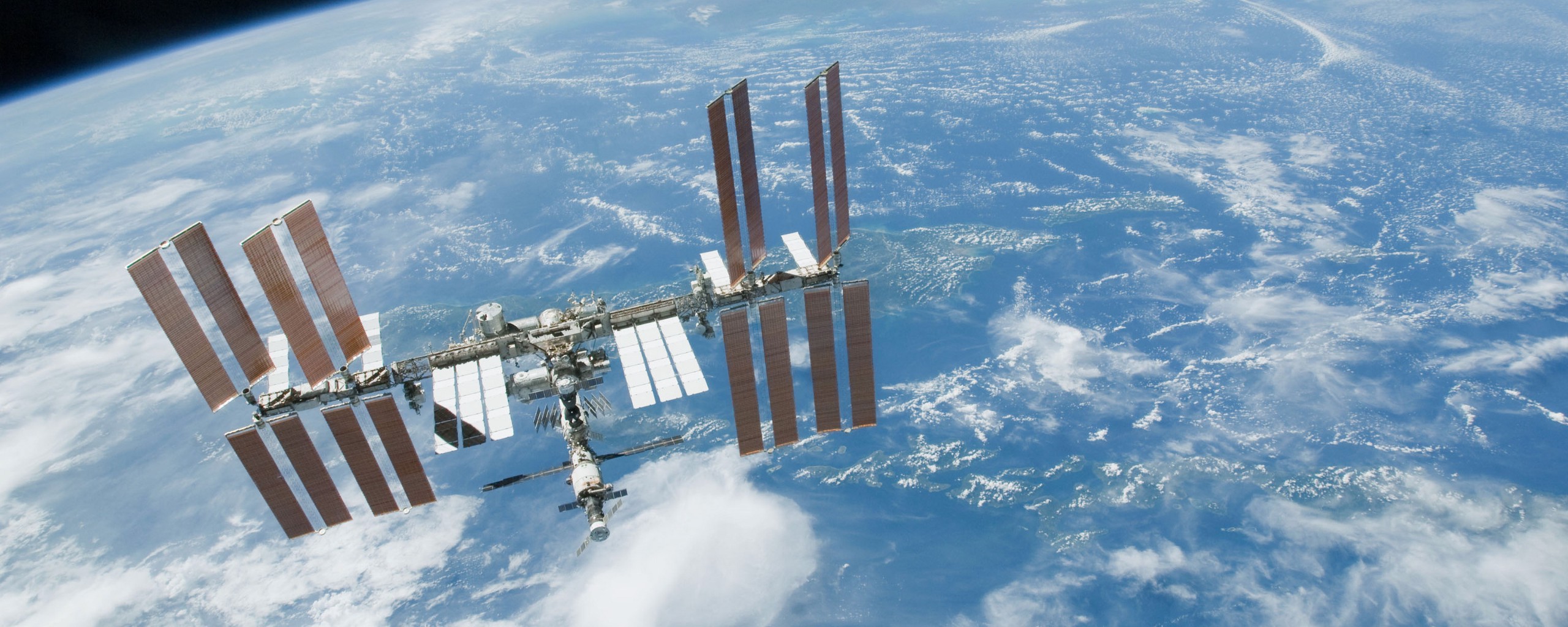
Rising Nationalism Will Change The Politics Of Space
With the rise of nationalism around the world, is international cooperation in space doomed?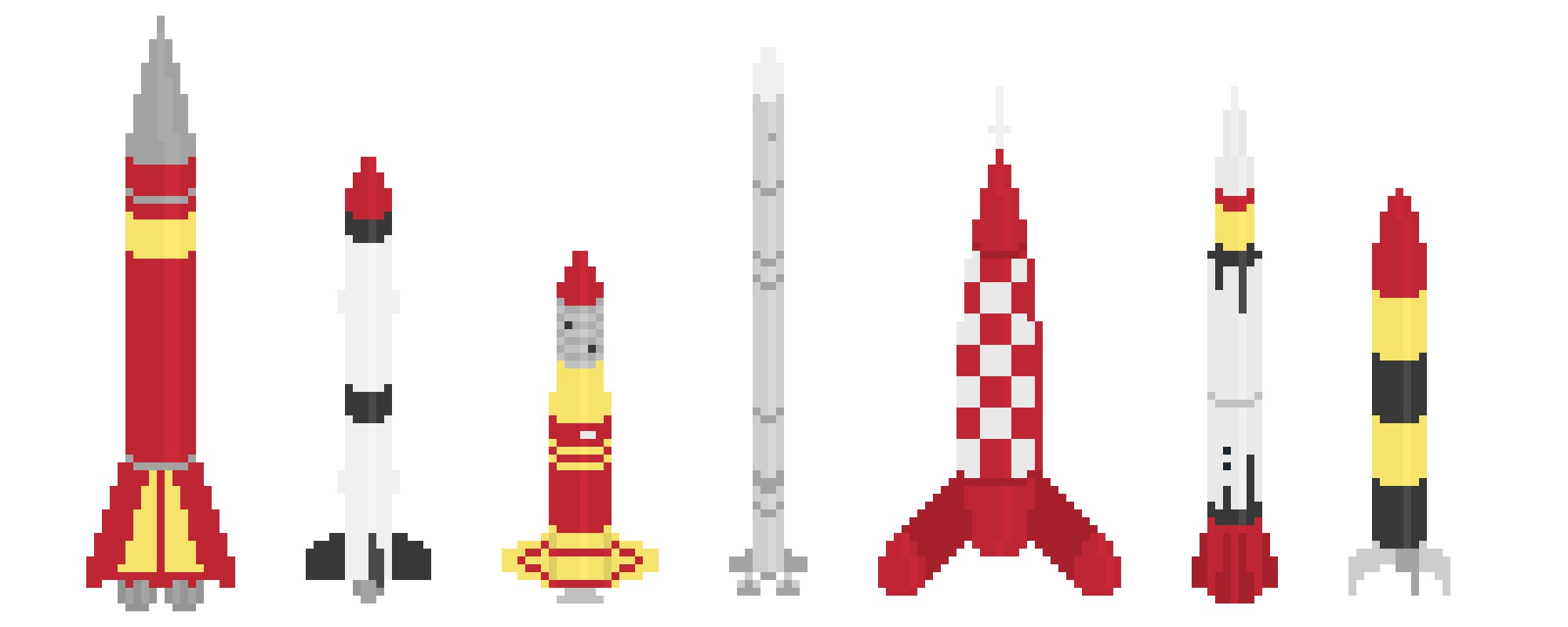
Amateur Rocketeers Are Keeping the Space Age Spirit Alive
Around the world, a community of amateurs is designing, building, and launching their own rockets into space.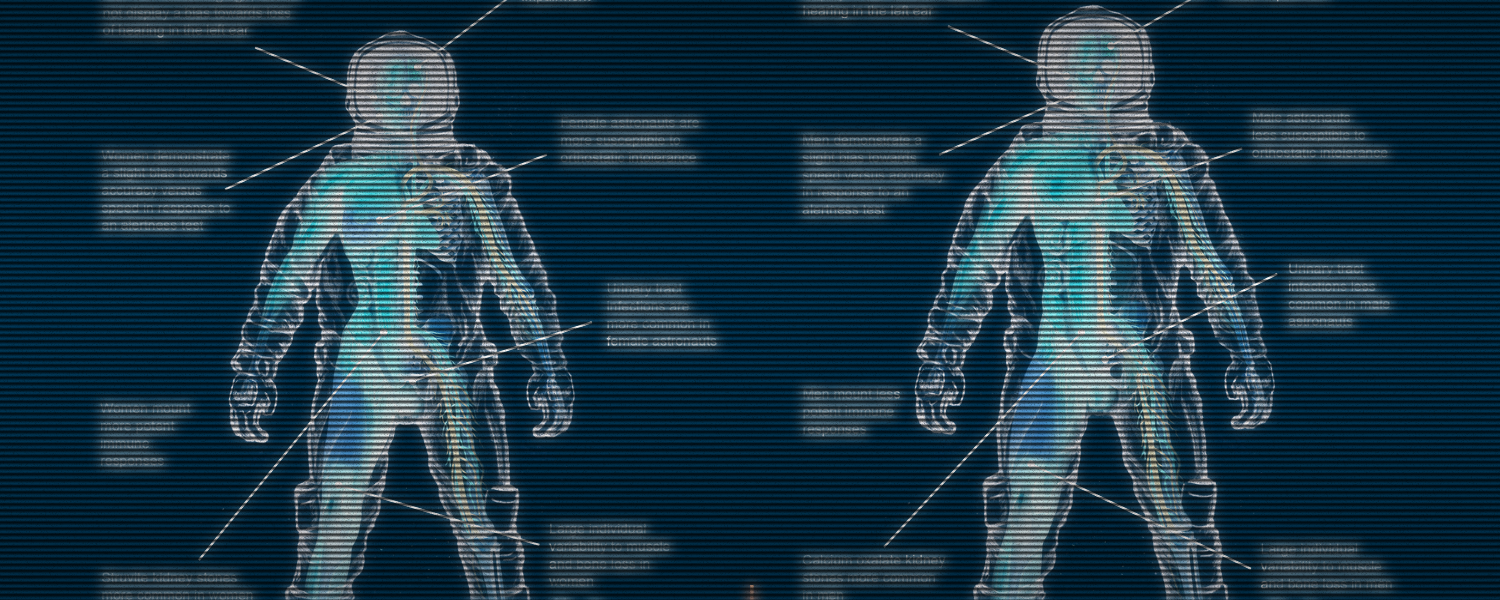
Never go to space it’s terrible omg
Space does very, very, very bad things to the human body.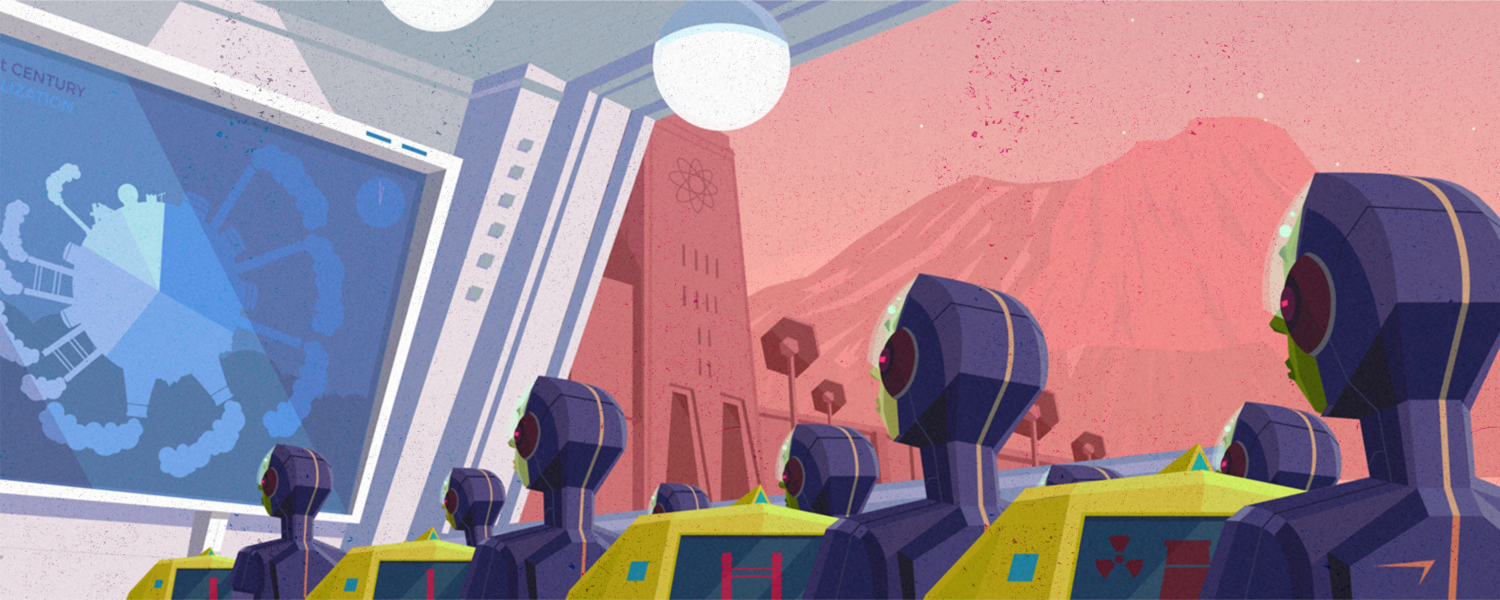
What We’ll Teach at the First School on Mars
What will the teachers and classrooms of space look like? What skills will they focus on?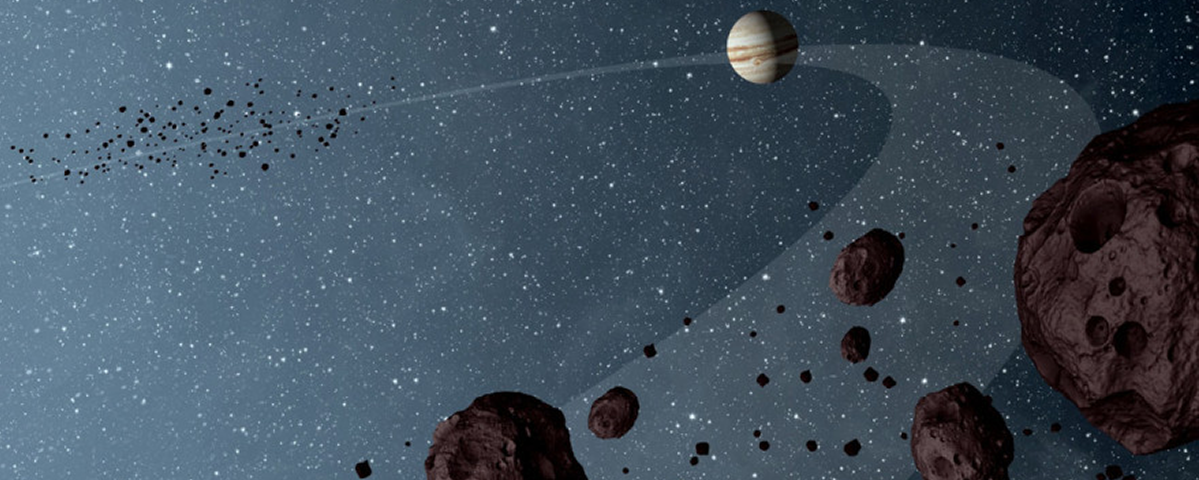
Asteroid Mining Will Come Too Late to Save Our Planet
We could easily expand to other worlds using asteroids for resources–if we don’t kill ourselves first.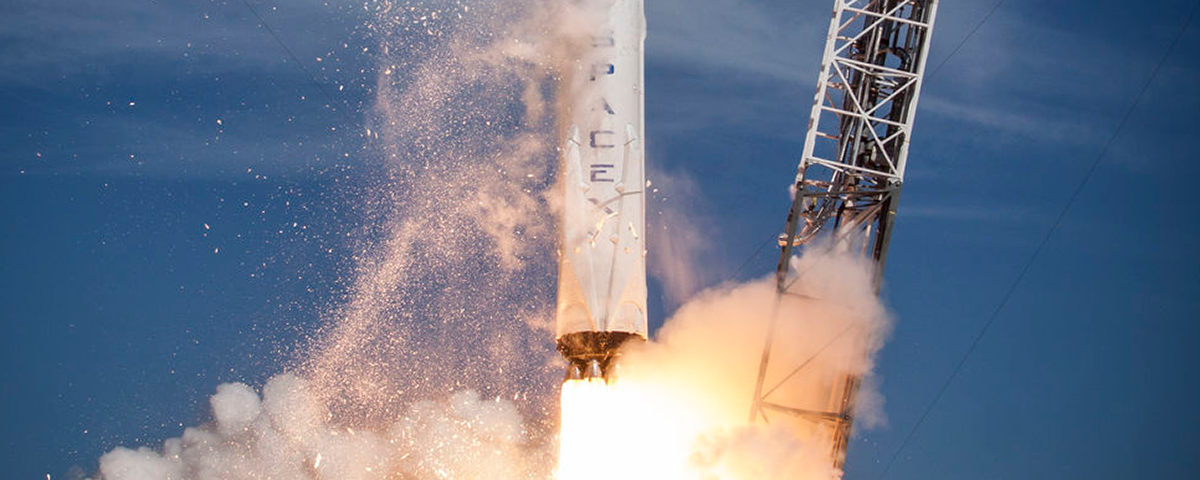
Demand Your Share of the Spoils From the Privatization of Space
The commercialization of space raises some uncomfortable questions about exactly where profits are going.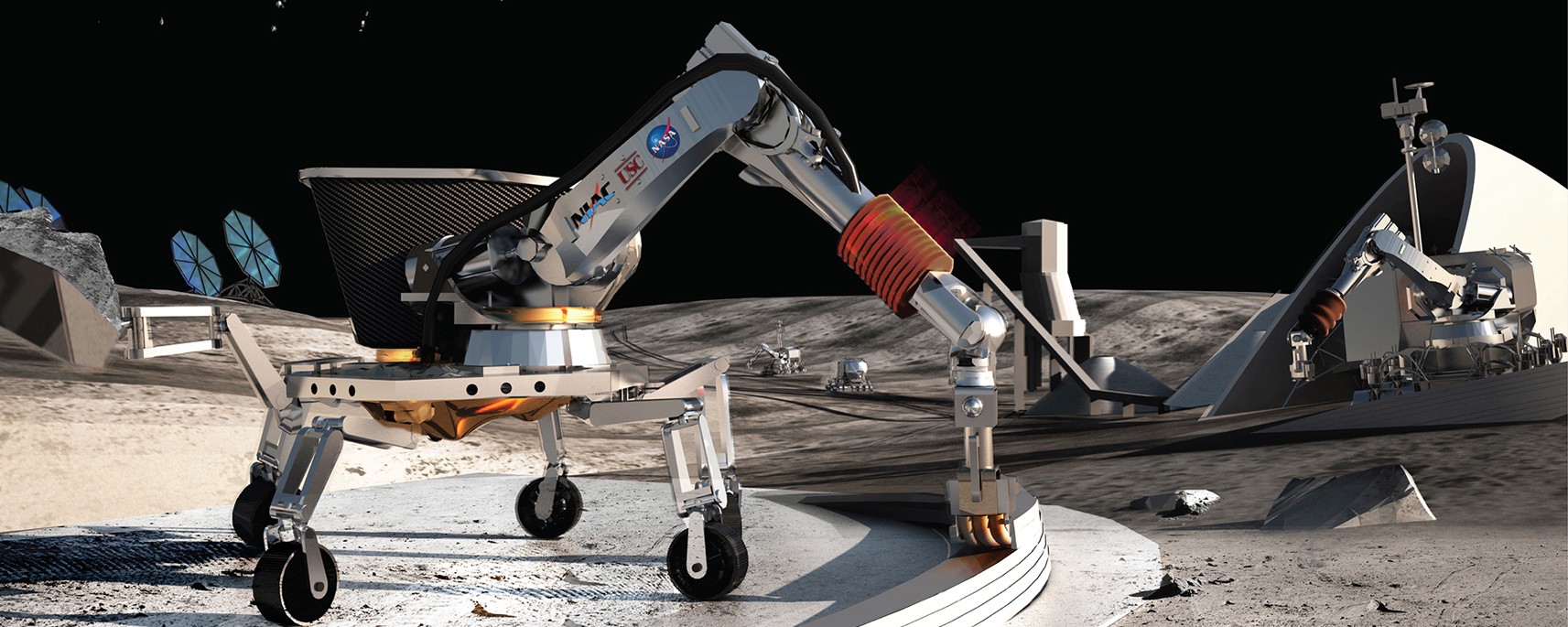
Robots Will Build Your House on the Moon
When it comes to building property on other worlds, robots are by far the best choice.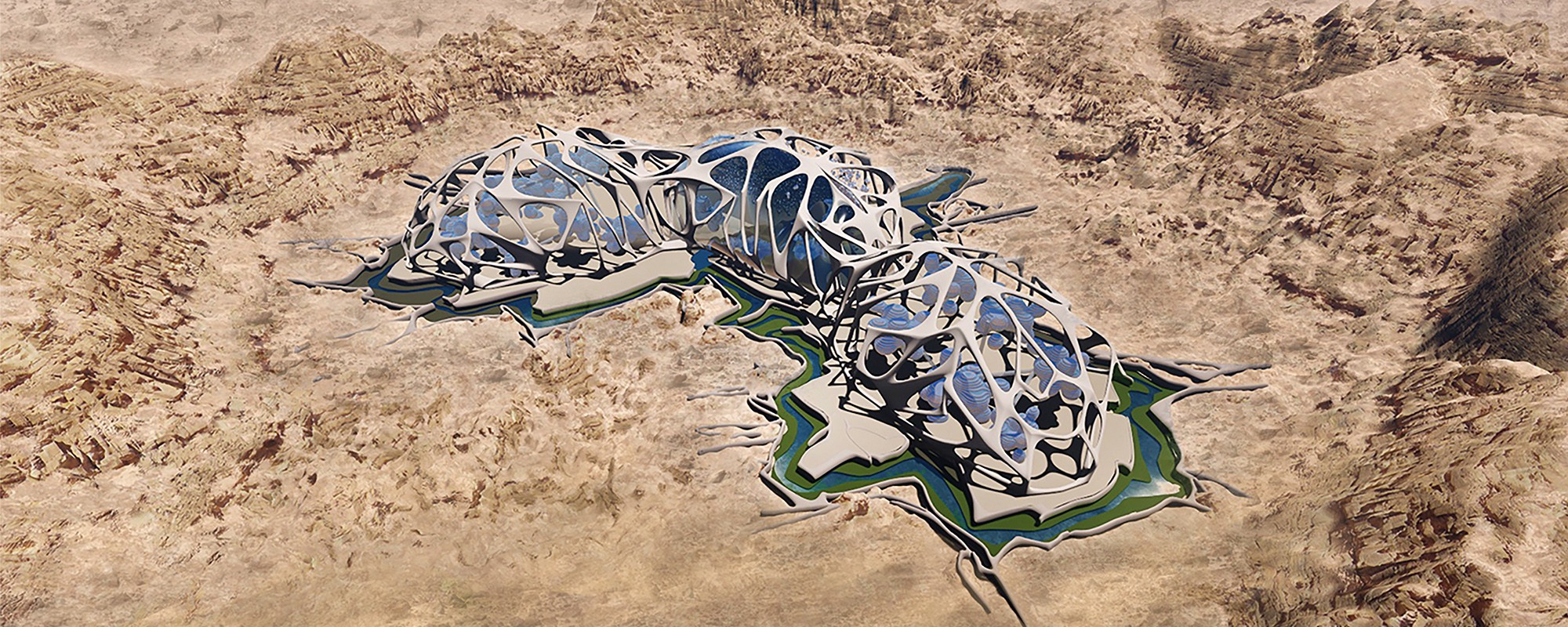
The World’s First “‘Marschitect’ Is Laying the Groundwork for Architecture in Space
With private companies setting their sights on other worlds, space architecture is a growing industry.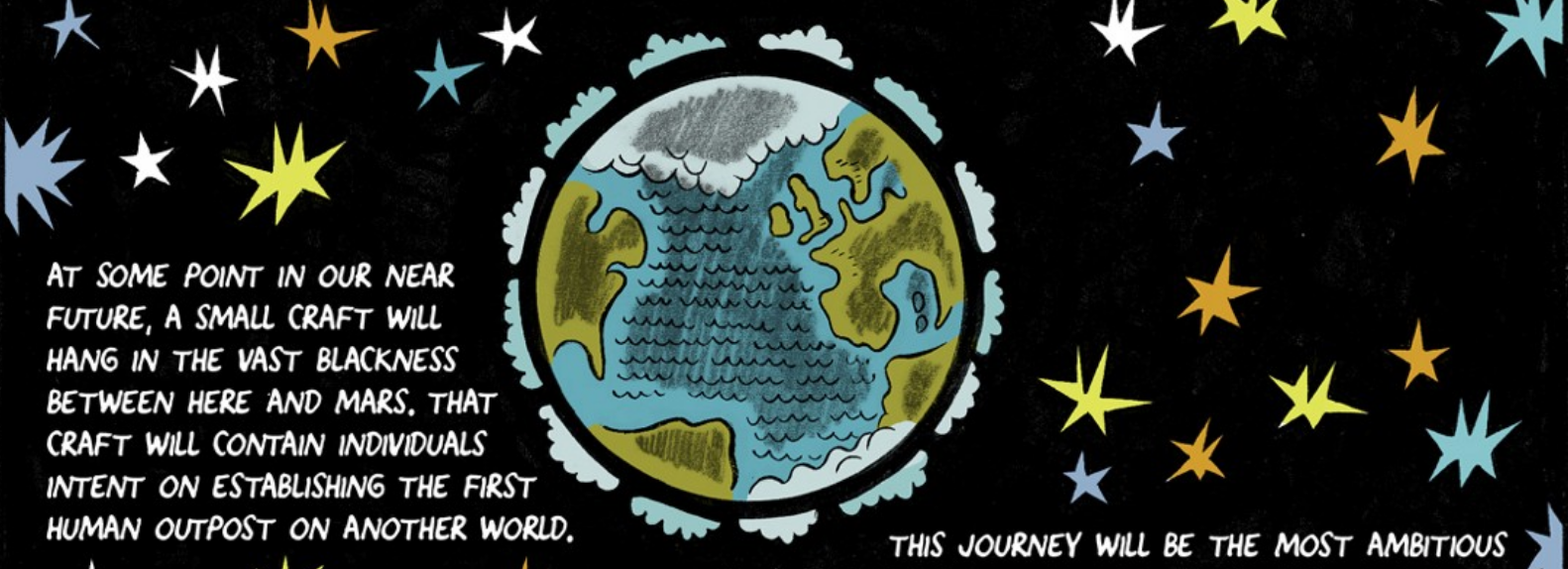
Comic: A Factory in a Petri Dish
If and when humans move to Mars, some of our most important machines will not be robotic–they’ll be biological.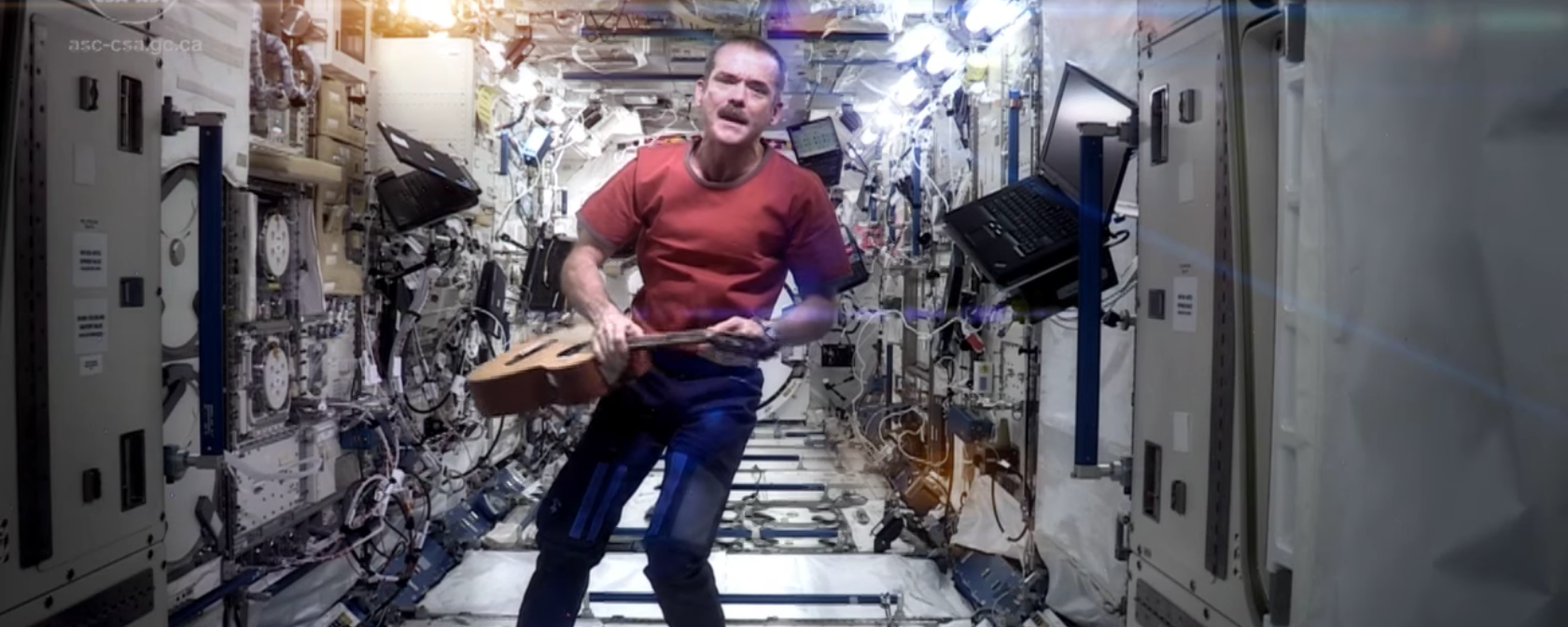
From Space, Artists See the World Differently
Art and space are natural bedfellows.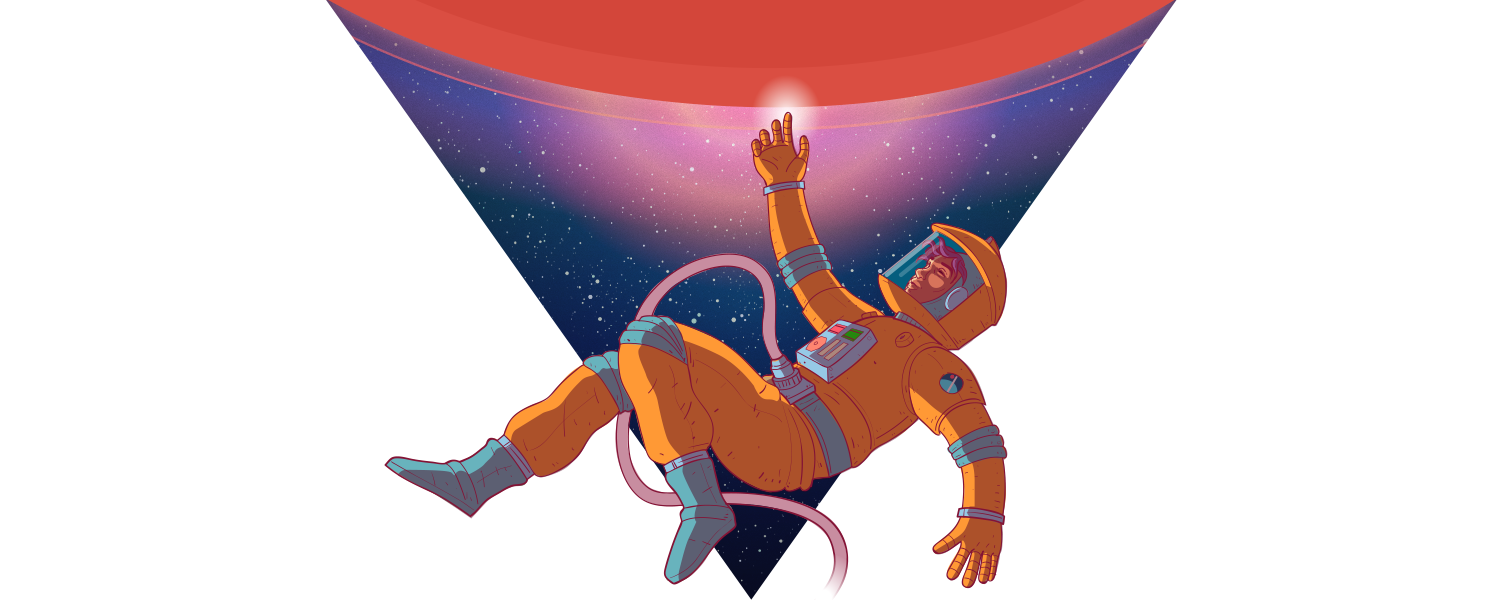
Humans in Space: A Reading List
What to read if you want a crash course on human exploration of the heavens.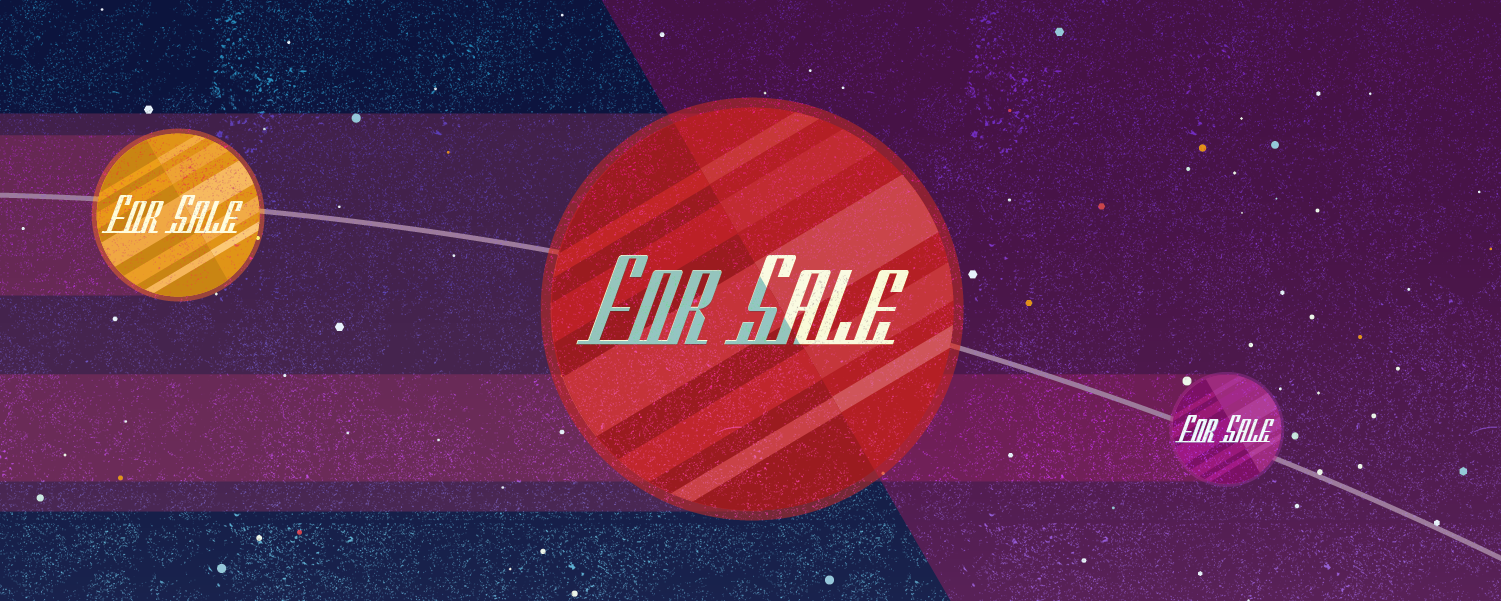
The Man Who Would Sell You Mars
Space is largely unregulated–and one man thinks he’s worked out how to claim Mars before anyone else.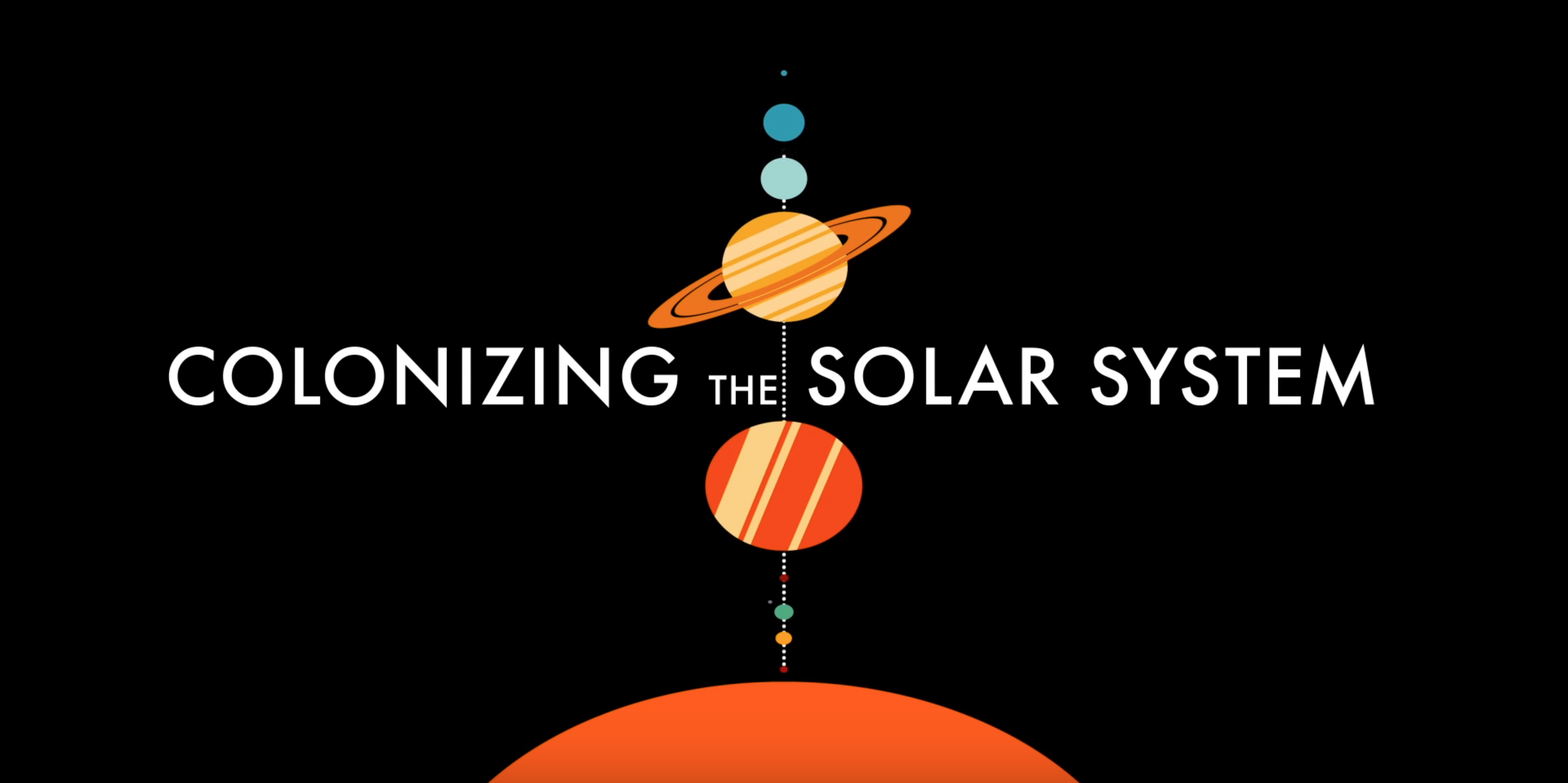
Watch: Colonizing the Solar System
Earth is doomed! Once we’ve run out of room and resources on our planet, where should we go?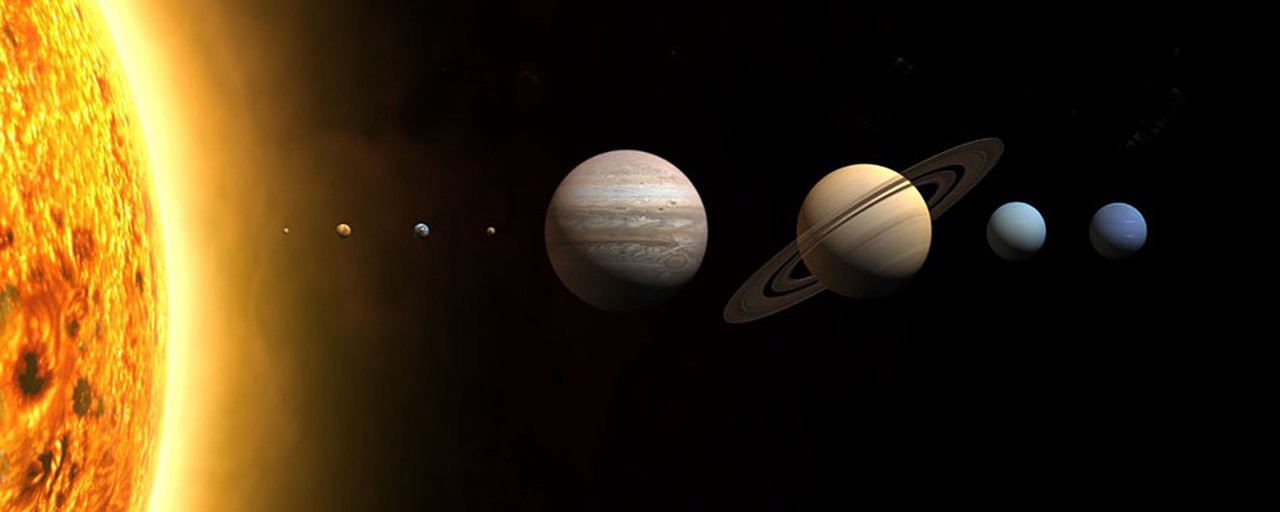
The Solar System’s Hottest Real Estate
Where can we live other than Earth?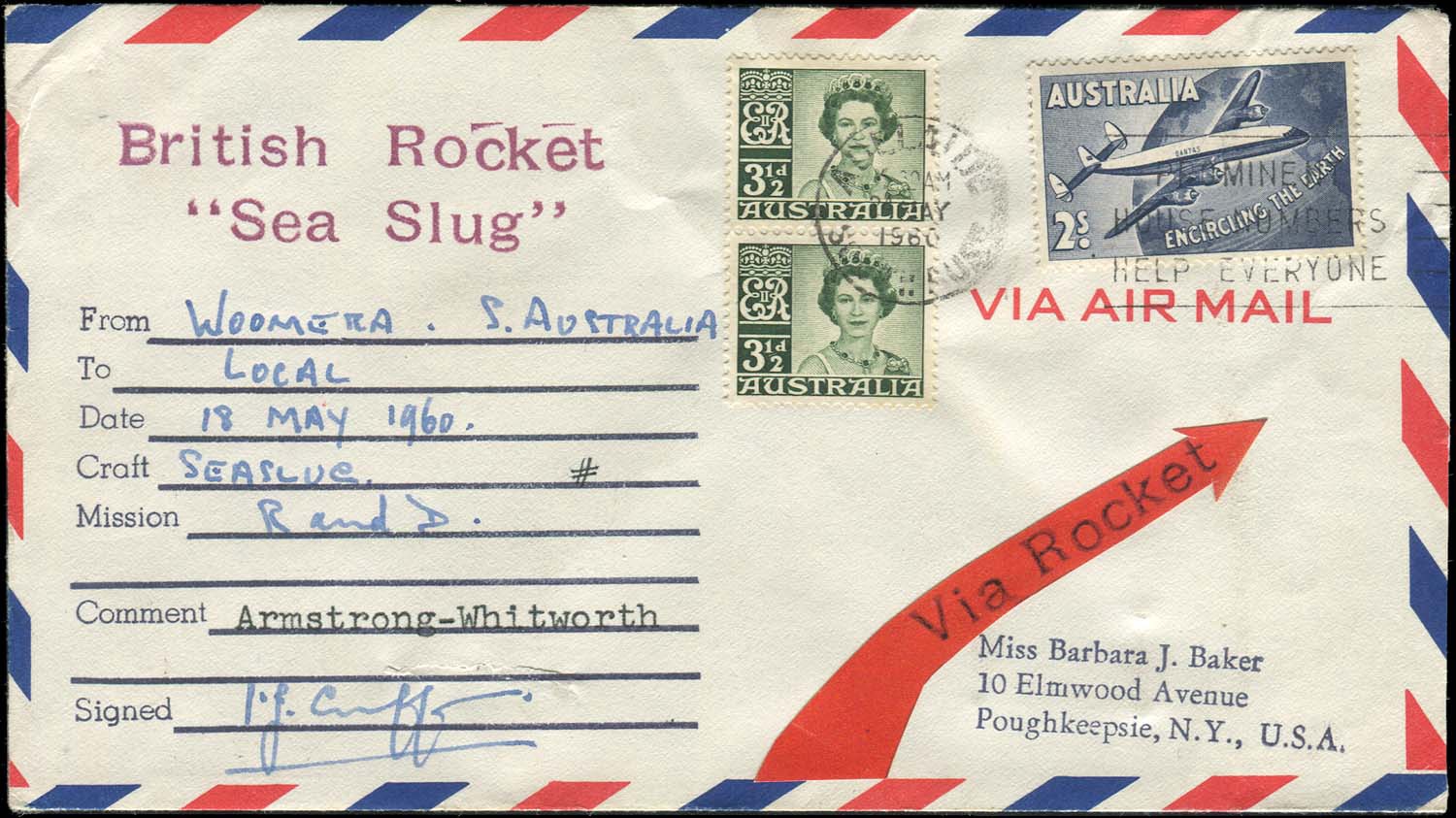
Rocket Mail
How missiles almost revolutionized the world’s postal services.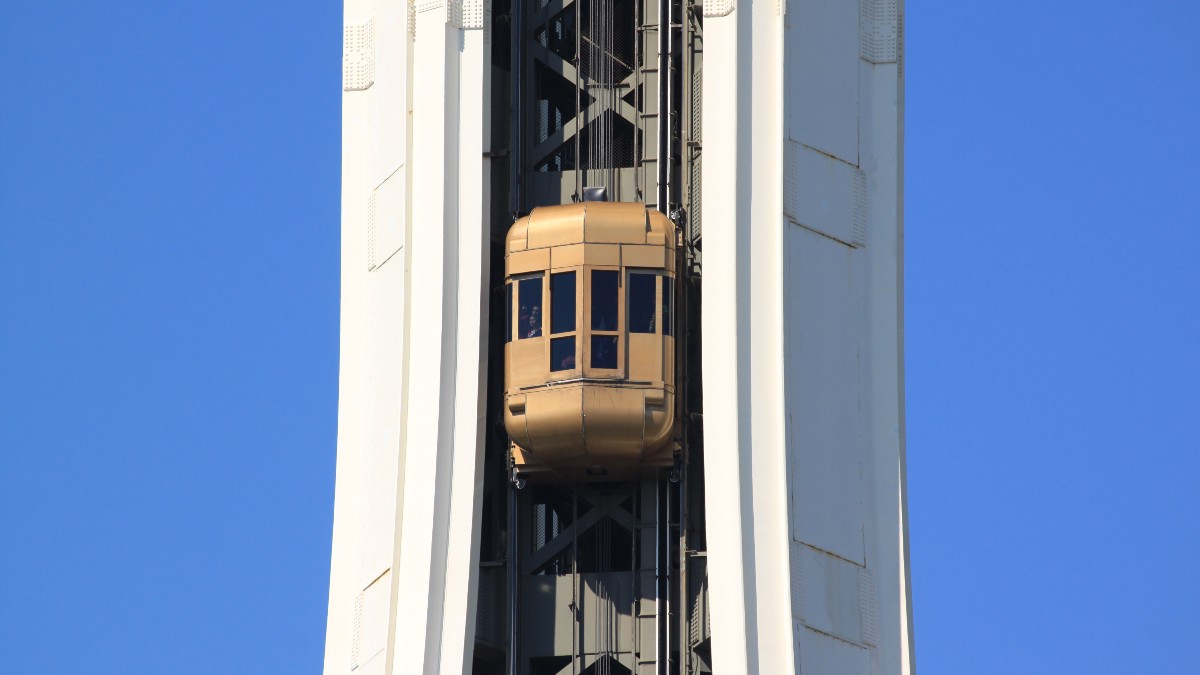
Going Up
Meet Konstantin Tsiolkovsky, father of the space elevator.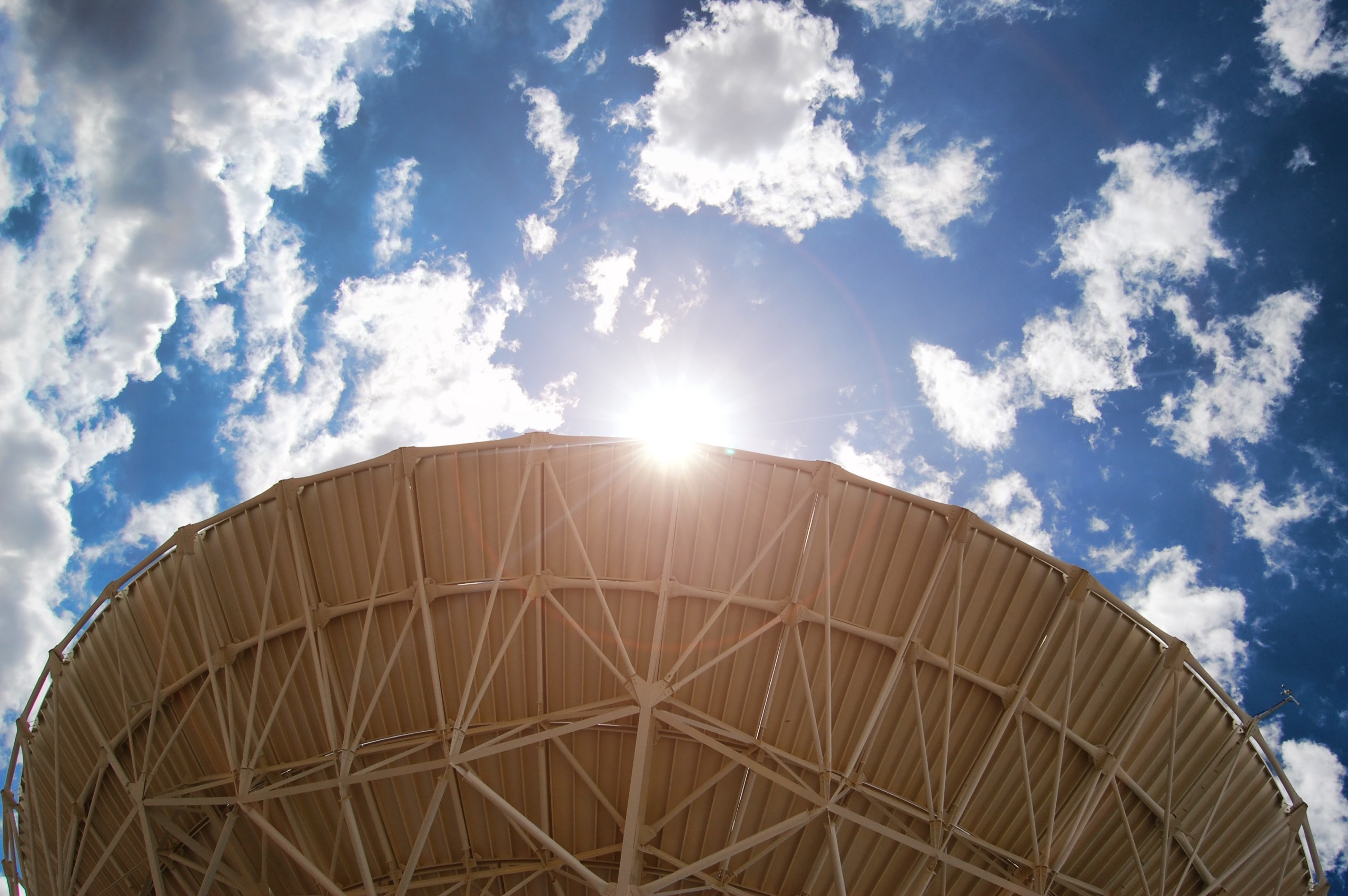
$100 Million Probably Isn’t Enough To Find Aliens, But Here’s Why It’s Still Worth Looking
Sometimes the most important scientific discoveries aren’t the ones that were intended.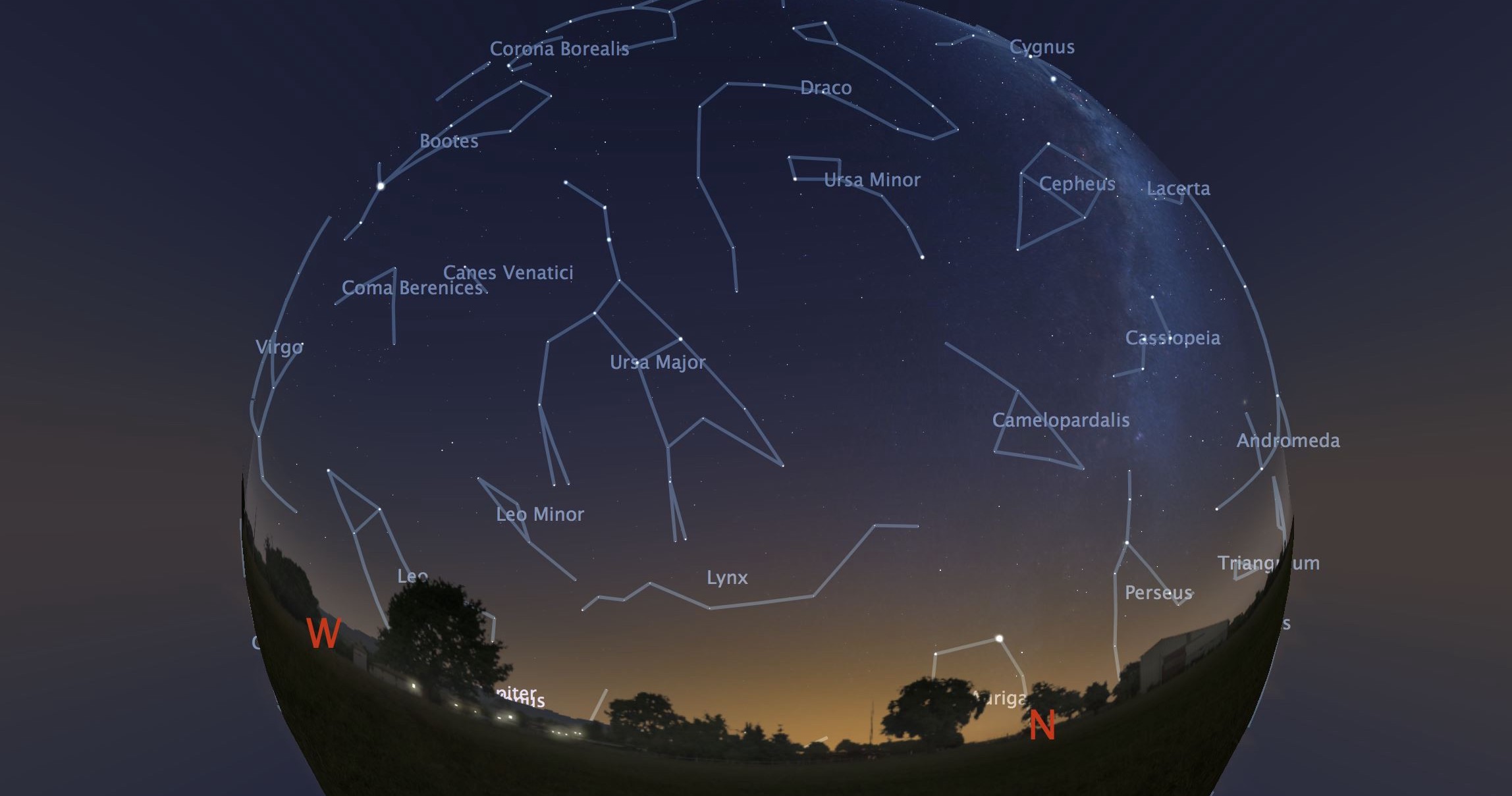
Create a Planetarium in Your Living Room
A virtual reality app brings stargazing to any place, any time.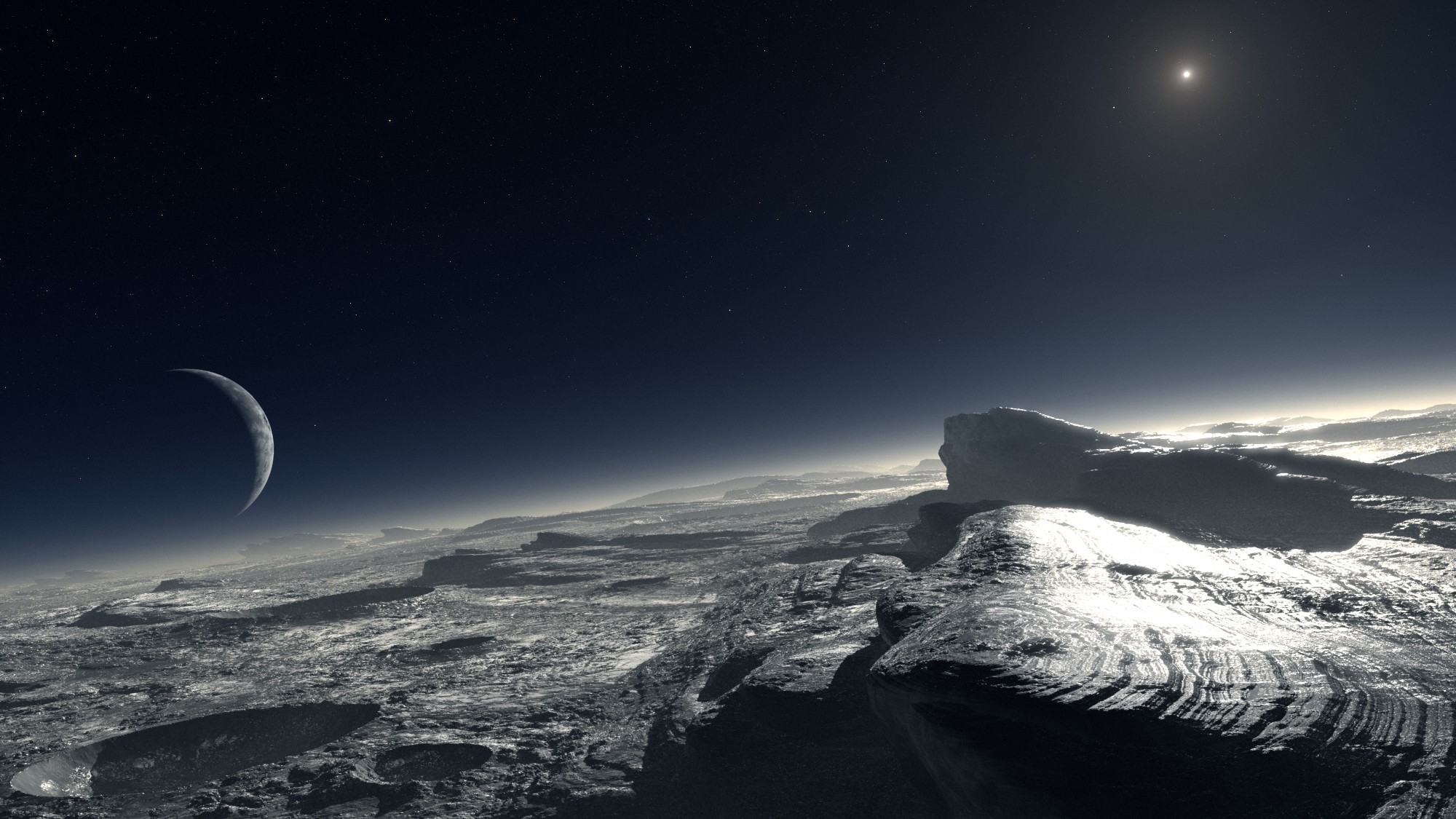
The First Weather Forecast for Pluto
Helping space probes by seeing whether they’ll need a coat once they’ve traveled billions of miles.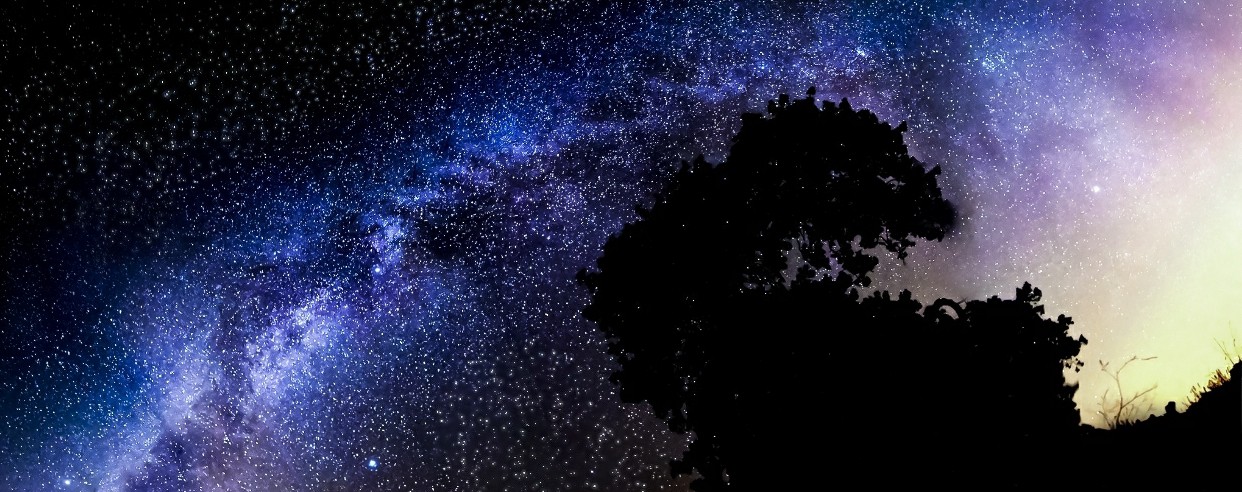
A Darker Future For Us All
The battle against light pollution is on.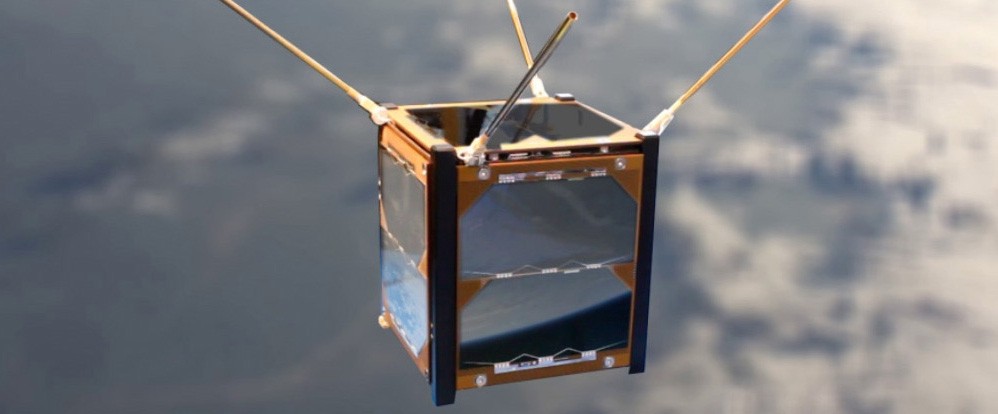
How to Launch Your Own Space Program
How small cube satellites are offering even schoolkids the chance to explore beyond Earth.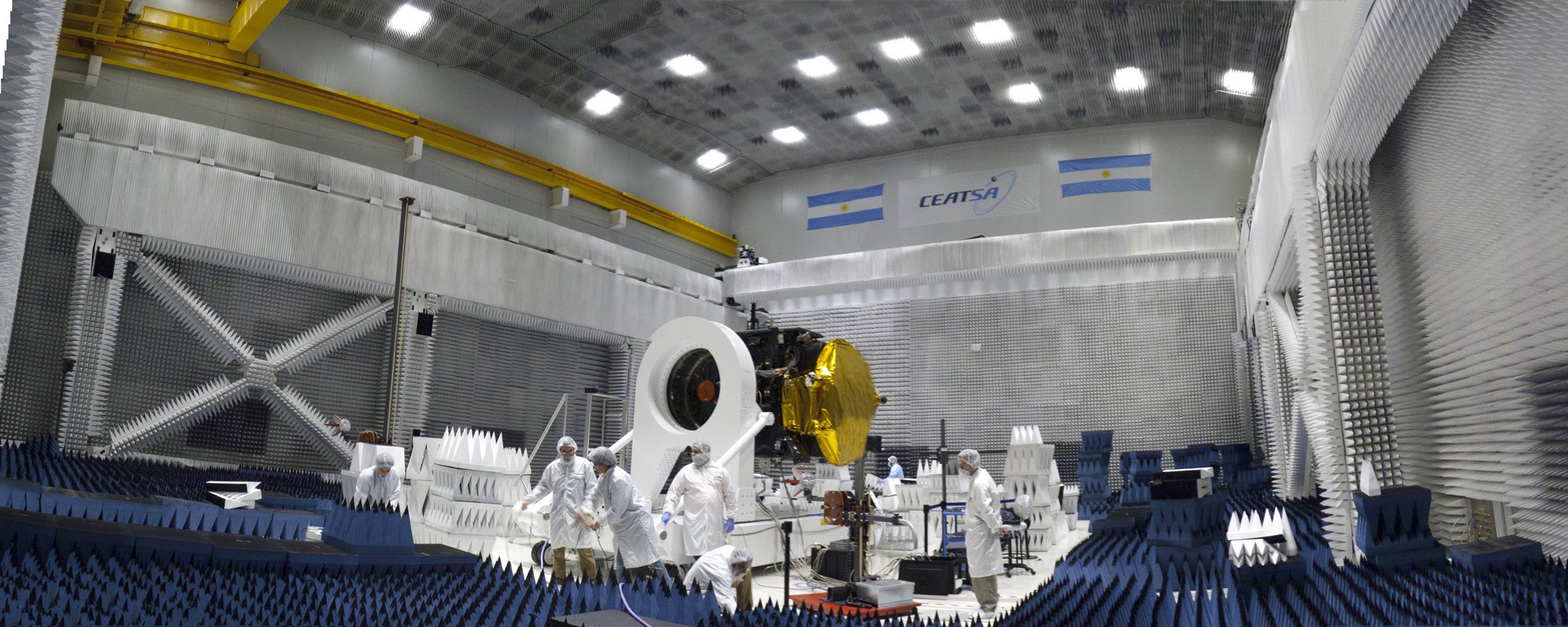
From the Andes to Outer Space
How one company saved Argentina’s space program.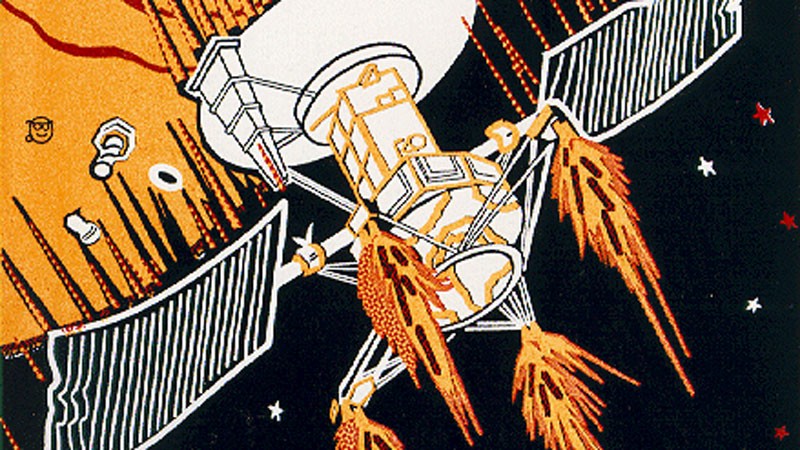
How Spaceships Die
Every probe we send out into space will eventually finish its mission–so what happens next?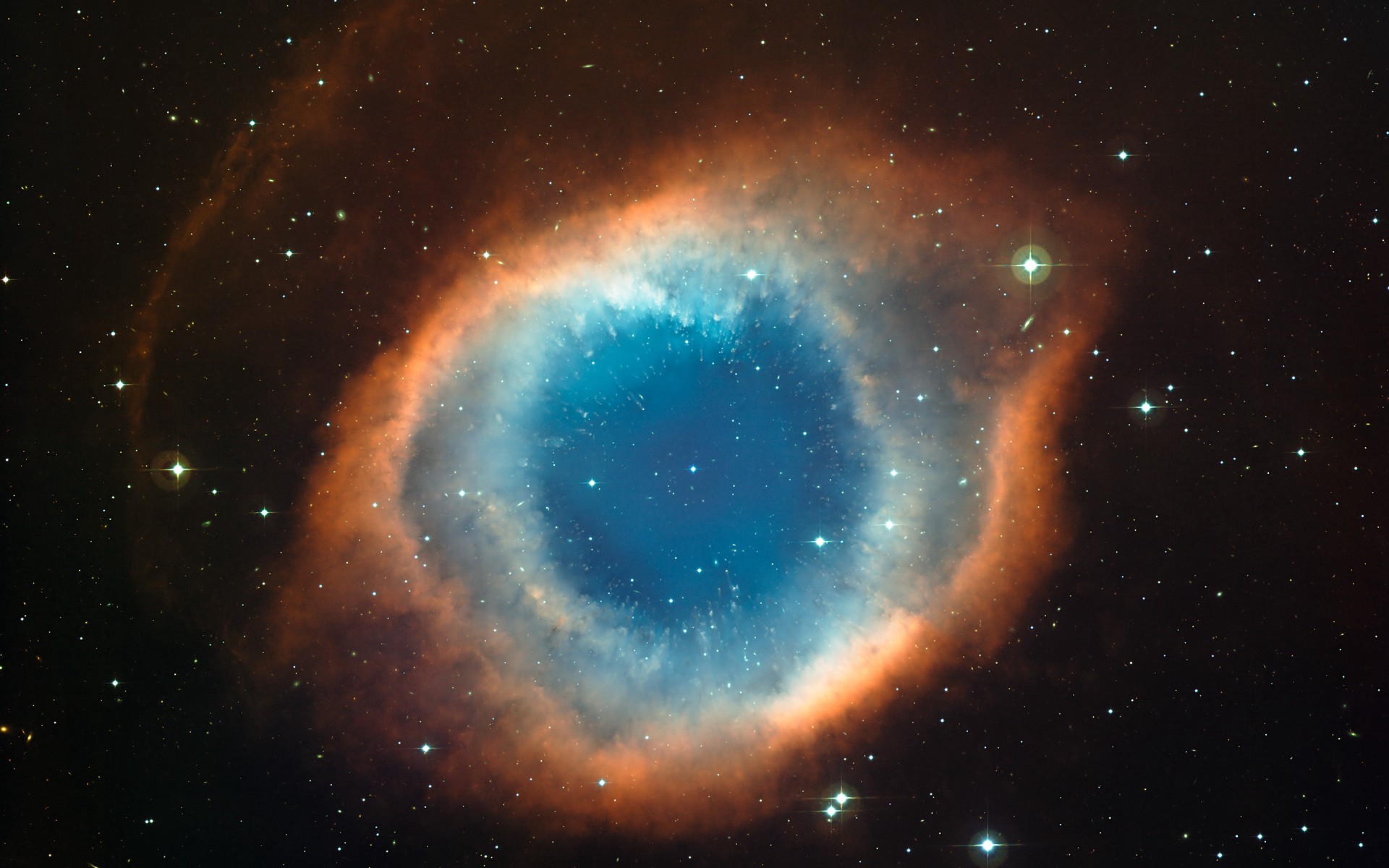
Zoom, Enhance
How decades and centuries of telescope improvements have revealed more of the heavens.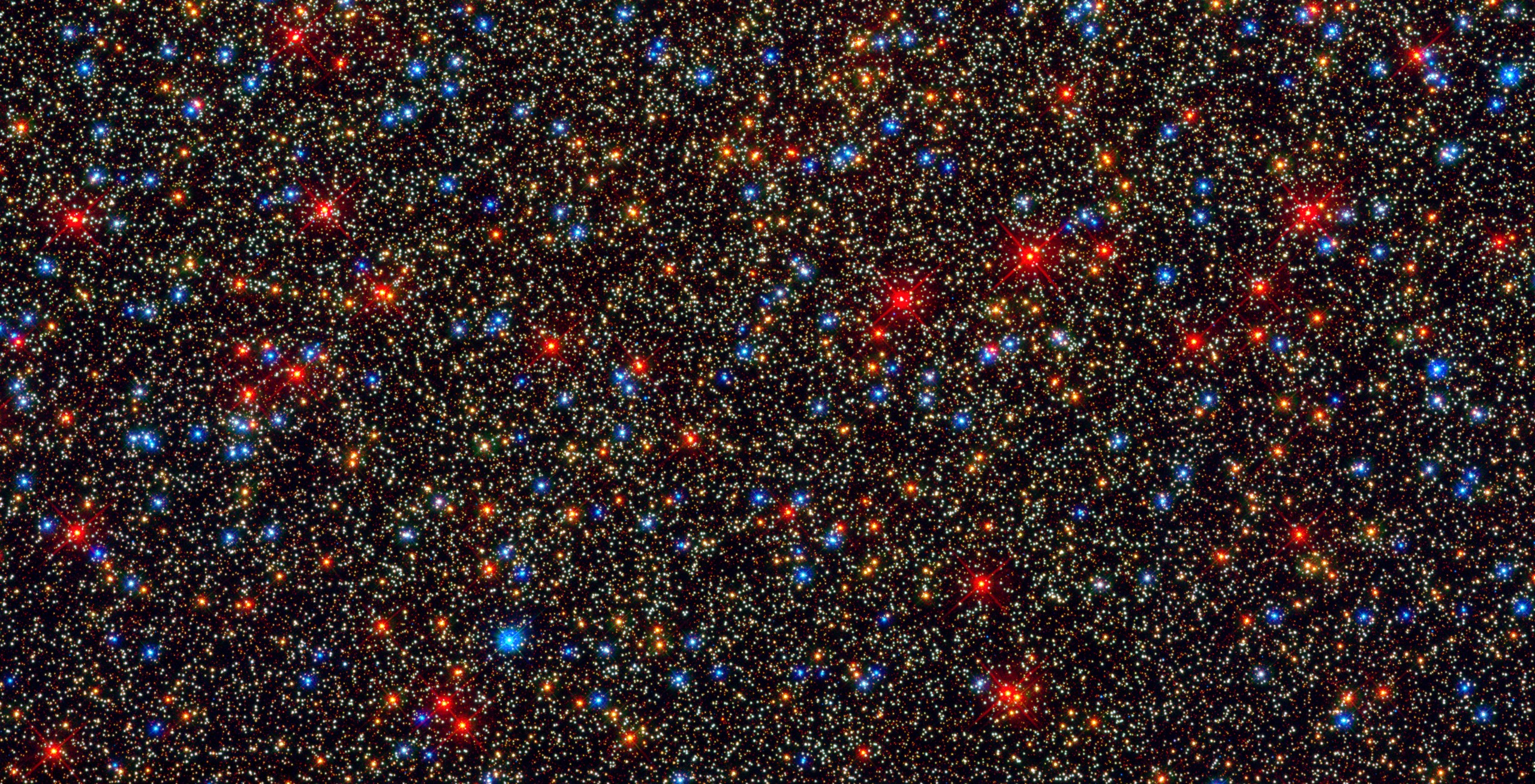
Celebrating 25 Years of the Hubble Space Telescope
Happy birthday to an astronomical wonder.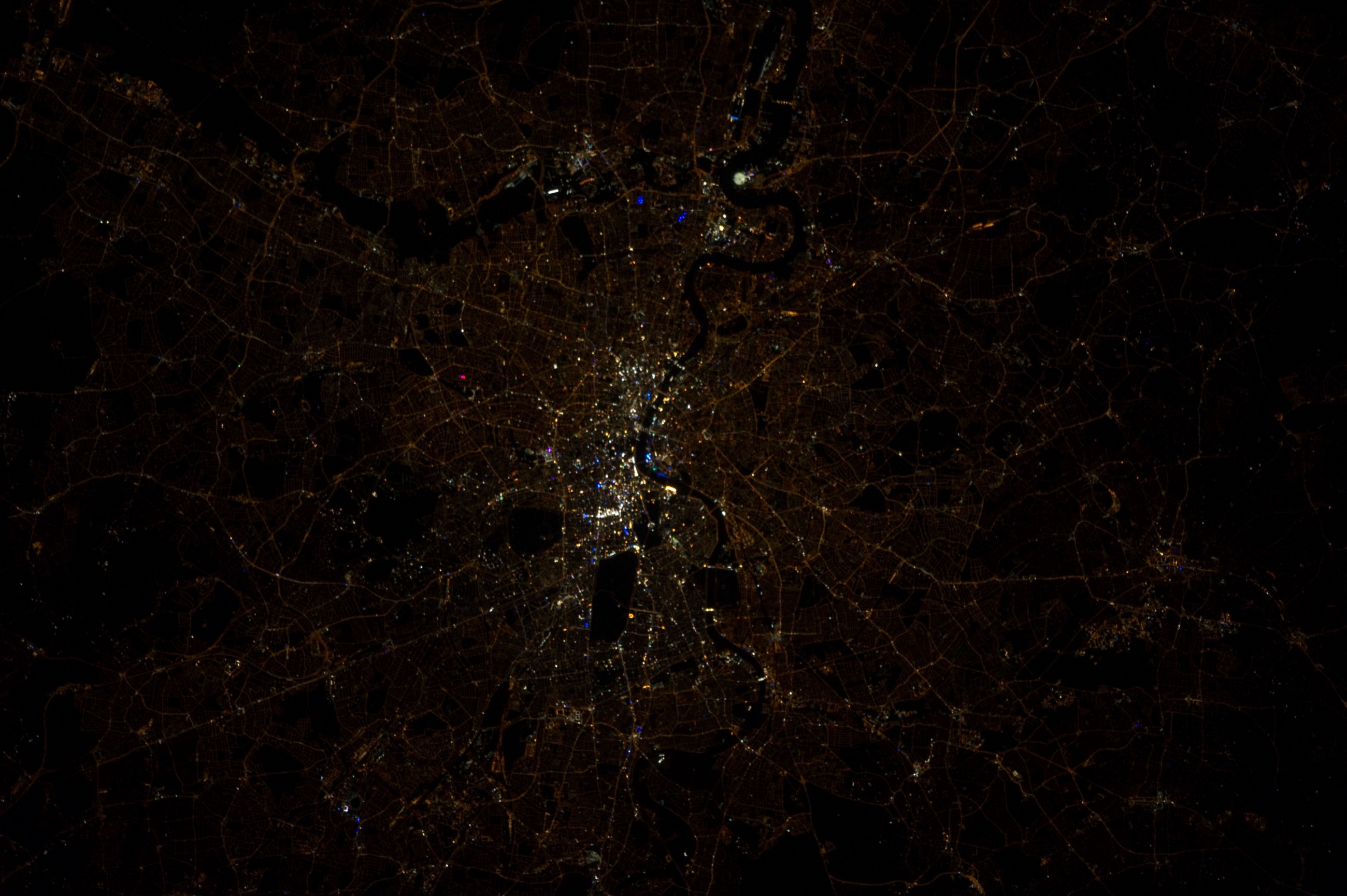
Space Photography is Helping to Fight Light Pollution
The Cities at Night project uses photos taken from the ISS to study the problem.
Transmitting Languages into the Distant Future
From Ancient Egypt to Comet 67P, communicating with people far in the future is a challenge.
The Man Who Wants to Shoot the Moon
If you want to get something into space using a big gun, then John Hunter’s the person to talk to.